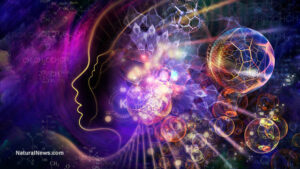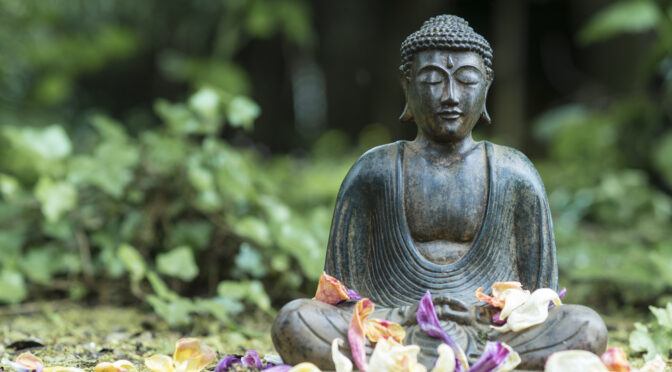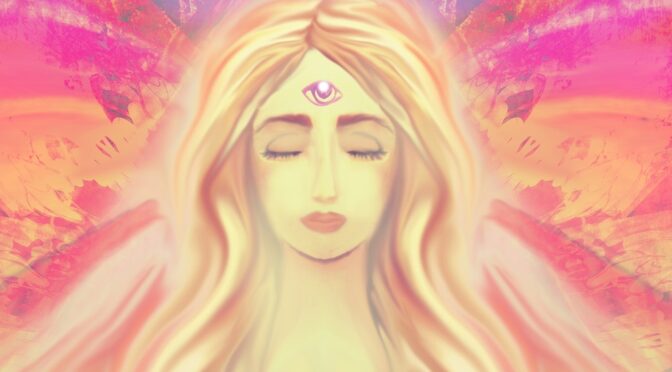HEY! You clicked this link because your interested in getting smarter, living better, being more knowledgeable or simply passing an afternoon without Facebook? Well how are you do expect to finish a book if you can’t even give an article a try?
This list is a compromise between a few people who are important to me and my own searches. We hope to give you a list that will be practical and accessible, but most of all entertaining. If you don’t see something that you feel NEEDS to be mentioned please post it so everyone can see!
Cutting Through Spiritual Materialism: Chogyam Trungpa Rinpoche
Well known for his severely blunt attitude towards nonsense in every form, Rinpoche Trungpa writes in a similar but compassionate vein. This is a must read for EVERY modern spiritualist out there. When I read this my own perceptions were more finely tuned.
We can deceive ourselves into thinking we are developing spirituality when instead we are strengthening our egocentricity through spiritual techniques.” ~ Chogyam Trungpa Rinpoche
Finding Freedom: Jarvis Jay Masters
Masters wrote this from death row, the entire time he claimed his innocence. A highly emotional read for anyone, I would recommend this for anyone incarcerated, whose been through the system, or facing irresponsible life elements. This debuts the side of Buddhism in action you’ve never thought of. Masters creates his mala from Tylenol and jean fabric.
The Spiritual Teachings of Ramana Maharshi: Ramana Maharshi
This book is the varied conversations between Ramana and international spiritual seekers. Ramana’s style of teaching is famously non denominational. He asks’ Who am I’ repetitiously to convey his message. This book can be shared between religious groups with reliable ease.
Be Here Now: Ram Dass
Is probably one of the most famous western author of mindfulness and meditation. Be Here Now is the most commonly read of his books, but in seriousness you could pick up anything he wrote and find it alarmingly profound. He is one of a handful of authors that literally makes me smile or laugh with the beauty of his revelations. Covering a wide set of practices and stories of travel, you are bound to learn or laugh.
A Gradual Awakening: Stephen Levine
Levine offers very practical and accessible meditative practices in this book. Many people I know started with this book to build their initial practice. From the ground up it is an excellent guide for the development and stages of mindfulness. As a fun tid-bit, if this bloke’s name seems familiar it may be because his son is Noah Levine (Dharma Punks, Against the Stream very good traveler’s reads)!
A Brief History of Everything: Ken Wilber
This entertaining foray into key individual’s place in history. The focus sways over a staggering number of topics, everything from multiculturalism, ecology, gender wars, environmental ethics to equality. Wilber does a great job finding hidden connections and keeping audiences amazed.
The Places That Scare You: Pema Chodron
A student of Chogyam Trungpa Rinpoche, Chodron definitely has no tolerance for bull. With out fear she will help readers grip the inherent wisdom and strength we already have. She aptly points out patterns and fear that keep us ‘where we are’.
The Awakening of Intelligence: Jiddu Krishnamurti
Not the most famous of his works, this book is a wider venue of ideas. He touches on ideas and concept that apply to ANYONE living in the modern world. He is a teacher if Vendata, and presents things in a non dualistic manner. This is probably not a beginner’s book as the content is very heavy. While I am always happy to to help a person start their path, I feel I neglect those further along. This one is for you my friends.
The Heart Of The Buddha’s Teachings: Transforming Suffering Into Peace And Joy Thich Nhat Hanh
I love this man and his teachings more than any others! My bias is due to he was the first one to explain mental concepts to me, helping me grasp the nature of the mania that was destroying my life. This book is the most basic and fundamental aspects and view points into Buddhism. This former advisor to Dr. Martin Luther King has a way of inspiring compassion in ways that made me giggle. I handed my copies of his books to many a prisoner, who normally wasn’t Buddhist. They all, with out fail came back with new insights and desires to love. This book is highly recommended to anyone trying to figure out how to meditate or curious what Buddhism truly is.
The Self-Aware Universe: Amit Goswami.
The Disappearance of the Universe: Gary Renard
This book covers a lot of scientific ground. While slightly outdated, it makes for an accessible read for most. Mainly focused on the Vedic side of science, it helps people understand concepts behind the nature of the universe and time, with the help of well written alterations.








